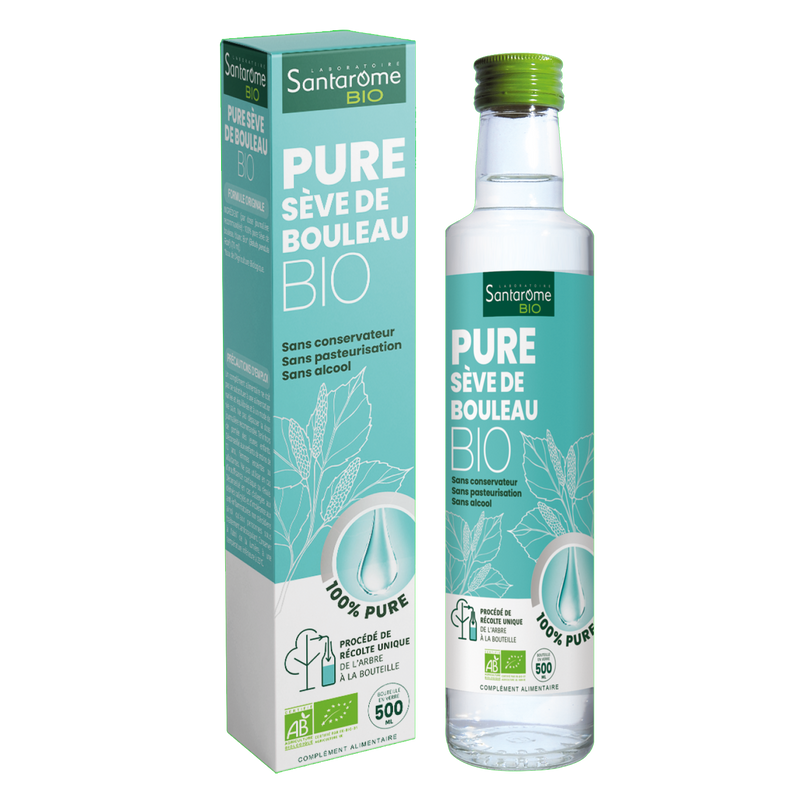Chamomile has long been known for its many benefits for physical and mental well-being. This soothing herb provides effective relief from anxiety and stress, making it a popular natural option for many people seeking non-drug solutions.
Chamomile and anxiety: how this plant can help relieve your stress
One of the main benefits of chamomile is its calming properties. By regularly consuming chamomile, whether in the form of tea, herbal tea, or even dietary supplements, can help reduce anxiety and stress. Chamomile works by promoting relaxation and soothing the nervous system, which helps reduce feelings of worry and apprehension.
It should be noted that chamomile does not directly treat anxiety, but it can be an excellent dietary supplement in a comprehensive approach to managing stress and mild to moderate anxiety disorders. Its soothing properties help calm the restless mind and promote a sense of relaxation and serenity.
Chamomile and sleep: discover its soothing benefits
Chamomile is known for its sedative and soothing properties. Its calming effect on the nervous system helps to:
- promote mental and physical relaxation
- improve sleep quality,
- promote sleep,
- calm nightmares,
- reduce anxiety and stress related to sleep disorders.
Recommended in the evening, chamomile tea is an excellent remedy for insomnia.
Chamomile and digestion: an ally against digestive problems
Chamomile aids digestion thanks to its antispasmodic action and anti-inflammatory properties. Consumed in the form of chamomile tea, it helps to:
- relieve bloating and flatulence,
- relieve stomach pain,
- reduce intestinal cramps,
- alleviate diarrhea and colic,
- combat gastritis and gastrointestinal problems.
A simple cup of chamomile tea after a meal helps aid digestion and soothe digestive problems.
Other benefits of chamomile
In addition to its digestive and sedative effects, chamomile also contributes to:
- relieve menstrual pain,
- reduce inflammation thanks to its anti-inflammatory action,
- improve respiratory health by inhaling to combat colds,
Relieve eye pain with warm compresses.






















